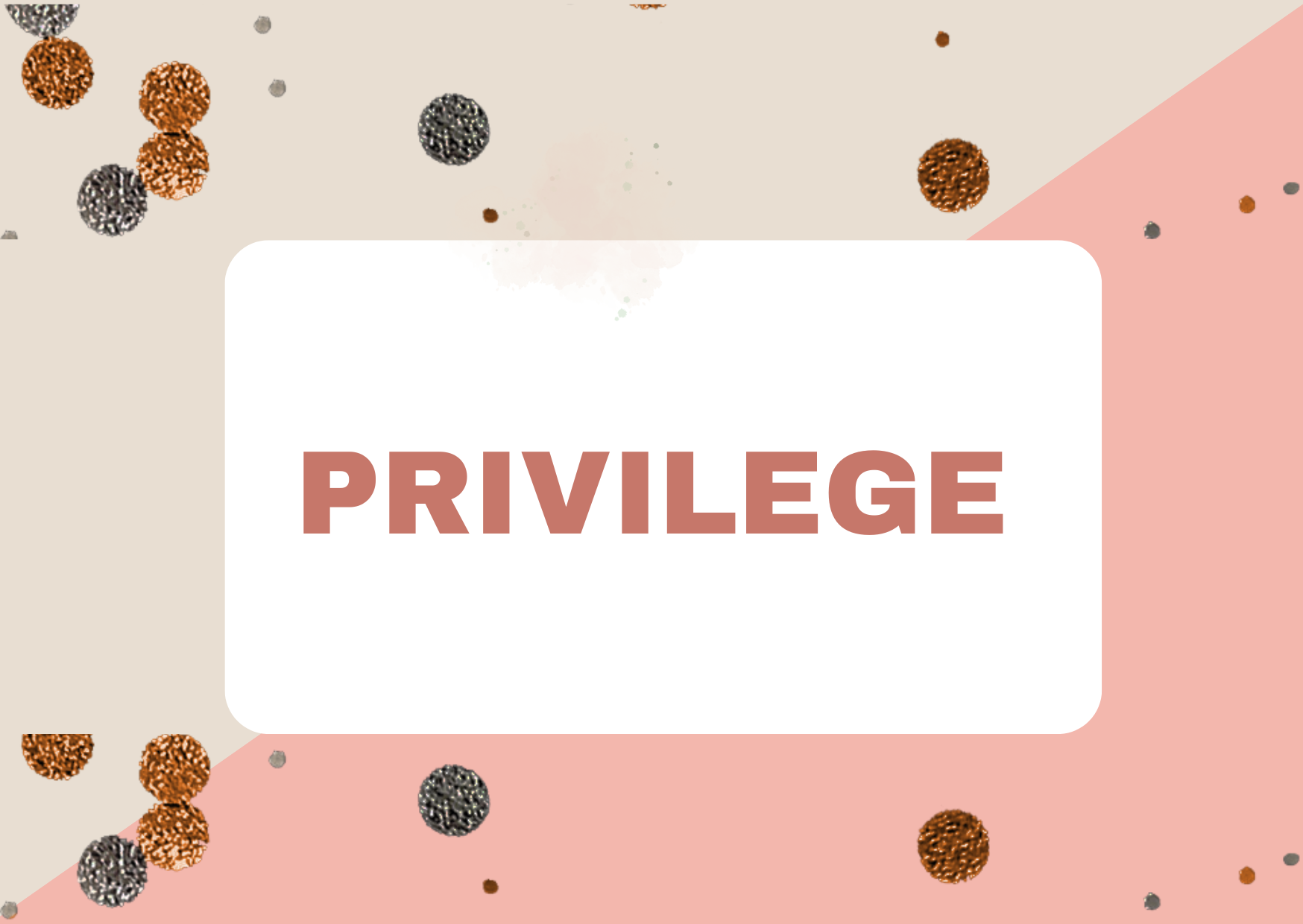
Have you ever paused to reflect on how privileged or underprivileged you’ve been over the years? As I grow older, I see more clearly how different levels and types of privilege can shape a person’s life. And here’s the thing: privilege can have both positive and negative effects.
Bearing in mind, your geographical location, sex, age, origin, social class, and even appearance can either propel you toward success or hold you back. Looking at this through the lens of access to basic needs such as education, shelter, safety, and most importantly, healthcare makes the picture even clearer.
A 17-year-old living in Kampala or any other urban area, with both parents, a decent education, modern necessities such as a smartphone and internet. Amidst youthful experiences; relationships, sexual violence, risky behaviours that can result into contraction of Sexually Transmitted Infections/Diseases, distortion of one’s mental state, or even incidences that may require immediate treatment. With technology at their disposal, one can quickly and easily explore online sites like google as well as artificial intelligence for nearby health facilities. This means that telemedicine also becomes an option to get help without leaving home. Privilege is exhibited therein by location, technology, and access which all work hand in hand to support them in living a healthy life. A young person in this setting is far more privileged and likely to make informed decisions about their health.
Of course, bad outcomes can still happen, but her chances of avoiding the worst are higher.
On the contrary, a 17-year-old girl living in Namakansa, a remote, hilly, inaccessible village in Bududa District has no smartphone, her family relies on humanitarian aid for survival under temporary tents on the steep slope of a mountain. Poor girl barely has had a decent education and neither does she know how to read and write. Drawing from the same health scenarios in urban areas, she will be unable to access any self help in time of need given she contracts an STI, that is if she is able to realise it by sheer luck or sharing with another illiterate friend.
Getting proper treatment, a mere dream that would be an option only if there was a health facility or knowledge about body changes. Nevertheless, a resettlement camp is her home and the best she can get is digestive dosage and a cup of water for survival.
The contrasting scenarios of the 17-year-old in Kampala and the 17-year-old in Namakansa highlight the profound impact of privilege on access to essential resources like healthcare, education, and technology. The urban teenager’s access to a smartphone, internet, and nearby health facilities empowers her to make informed decisions and seek timely help, potentially mitigating health risks. However, the girl in Namakansa, constrained by geographical isolation, poverty, and lack of education, faces significant barriers to addressing similar challenges, rendering her vulnerable to worsening outcomes. These disparities underscore how privilege shaped by location, socioeconomic status, and access to resources can determine the trajectory of a young person’s life, particularly in critical areas like health and well-being.
What I’m trying to say is this: it’s easy to forget our own privilege, and when we do, it can cloud our judgment. That’s why it’s important to think objectively before assigning blame.
If we want to create safe spaces for young people, we must adopt an intersectional lens addressing needs from an informed point of view, not just based on what we think is right.
Check your privilege. Challenge your assumptions.
Written By:
Miranda Violet Bagamba, Advocacy and Communications

